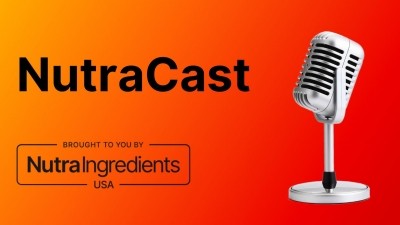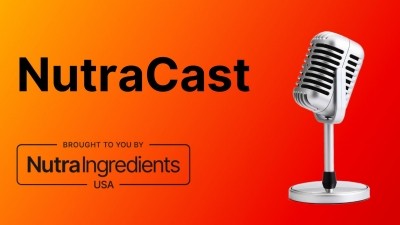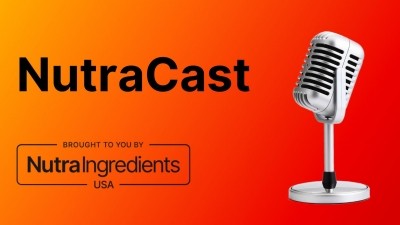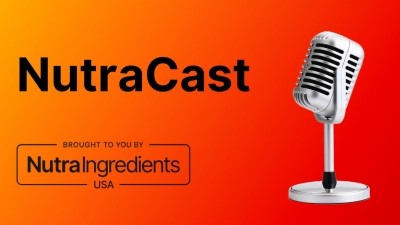NutraCast: TINA.org exposes ACV brands misleading consumers
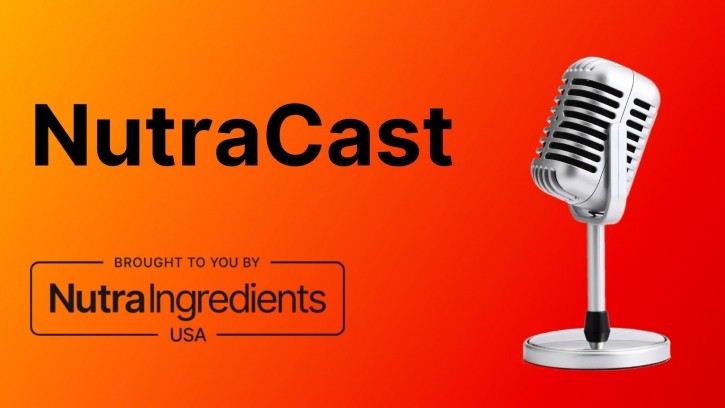
Have you ever purchased a product that promised something amazing but after trying it out, you realized it didn’t do what was promised? Or maybe you’ve seen ads that were just way too good to be true. American consumers lose millions every year as a result of deceptive marketing and false advertising.
Bonnie Patten, the executive director of Truth in Advertising (TINA), works with the non-profit consumer advocacy group to address deceptive and false advertising practices that mislead consumers. TINA focuses on exposing deceptive claims in consumer goods across various commercial platforms, including the rapidly expanding targeted marketing and influencer-driven ads on social media.
Recently, TINA zeroed in on three different apple cider vinegar (ACV) supplement brands that the organization identified as making unsupported health and disease treatment claims.
“The inspiration for looking into that really came from the number of TikTok videos we were seeing of influencers and companies endorsing apple cider vinegar products and making some really bold health and disease treatment claims, so we thought we should take a look, Patten said.
Claims include everything from lowering glucose levels and blood pressure to curing eczema, something Patten said “really had us suspicious that they had taken the marketing a little too far.”
She added that one area TINA really focuses on is marketing claims that have the potential to do real harm.
"Unfortunately, when you're seeing some of these claims that say they can cure, treat or mitigate diabetes or other, you know, high blood pressure, they can be really problematic because some people will forgo their prescription medicine and use the [non-prescription] products instead," she said.
“So avoiding any sort of disease treatment claim is hugely important. And also, if you do have substantiation, I think it needs to be front and center somewhere on your website or somewhere where people can review it."
Another piece to the puzzle is lack of education. Patten noted that many marketers are just unaware of what the FTC and FDA permits them to say.
"I am amazed how many times we will reach out for comment, and we'll get back from the brand or company that they just didn't know," she said. "And I think another issue is, once someone in an industry starts pushing the envelope, I think there's pressure for other companies and brands to do the same thing."
To hear more on how TINA.org calls out false advertisers, how they pivoted to educating marketers and what brands can do to avoid a call from TINA, listen to the NutraCast.
If you enjoy listening to the NutraCast, leave a review. You can subscribe on Apple, iTunes, Spotify or wherever you get your podcasts.
